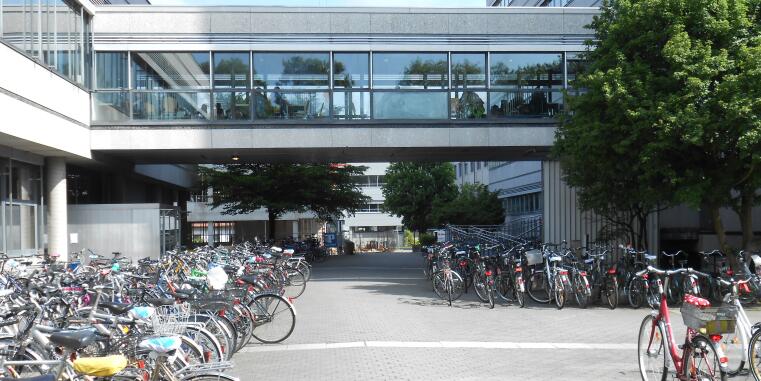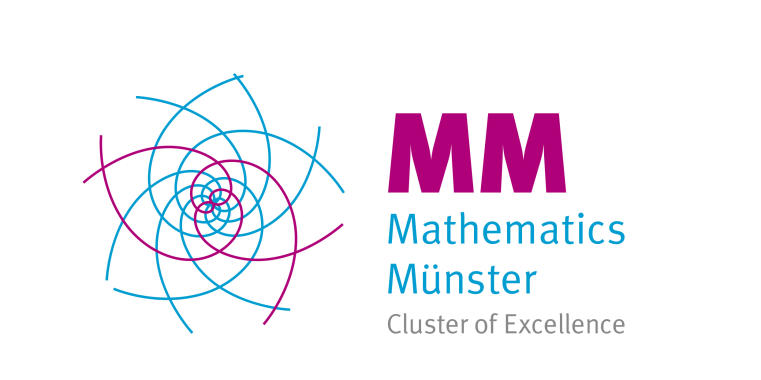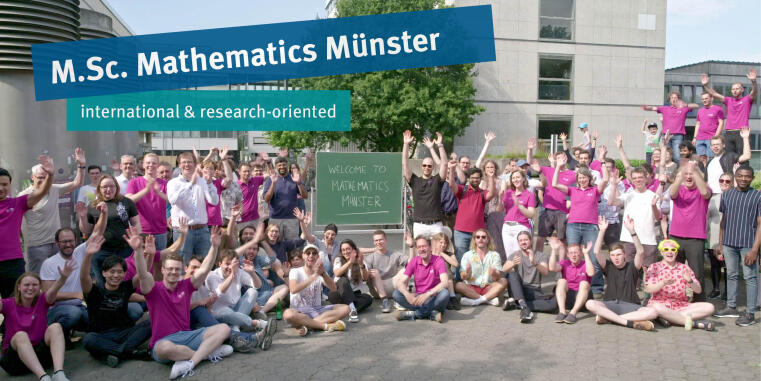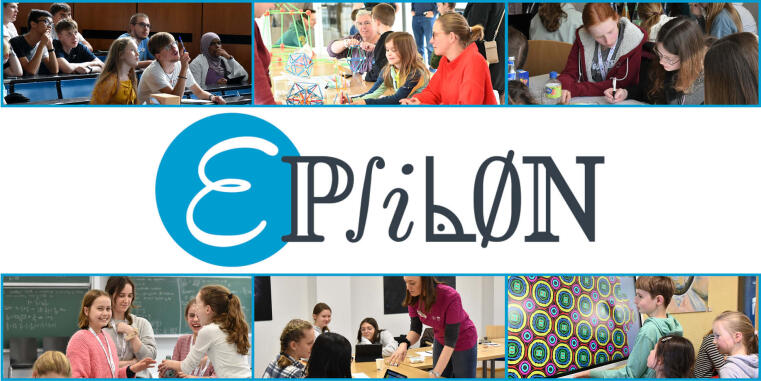Faculty of Mathematics and Computer Science




Mathematics and Computer Science in Münster
Mathematics and computer science are dynamic key technologies of growing importance and attractiveness. Their results are typically applied in fields like physics and engeneering sciences. Innovation in other sciences like biology, medicine and social sciences utilizes mathematization more than ever before. The foundations of applied mathematics and computer science were developed in theoretical mathematics. Münster's mathematical departments are among the most renowned in Germany.
Five winners of the Leibniz Prize conduct research and teaching at the University of Münster. Innovative exchange between theoretical mathemathics on highest level and cutting-edge research in new applications is a mission of the University of Münster.

Girls go Mathematics! Angebot zum Girls' Day
Schülerinnen ab der 7. Klasse sind am Donnerstag, 23. April 2026, am Exzellenzcluster Mathematik Münster und am Fachbereich Mathematik und Informatik eingeladen, Einblicke in das Studium und die Berufswelt von Mathematikerinnen zu bekommen. Jetzt anmelden! weiter



